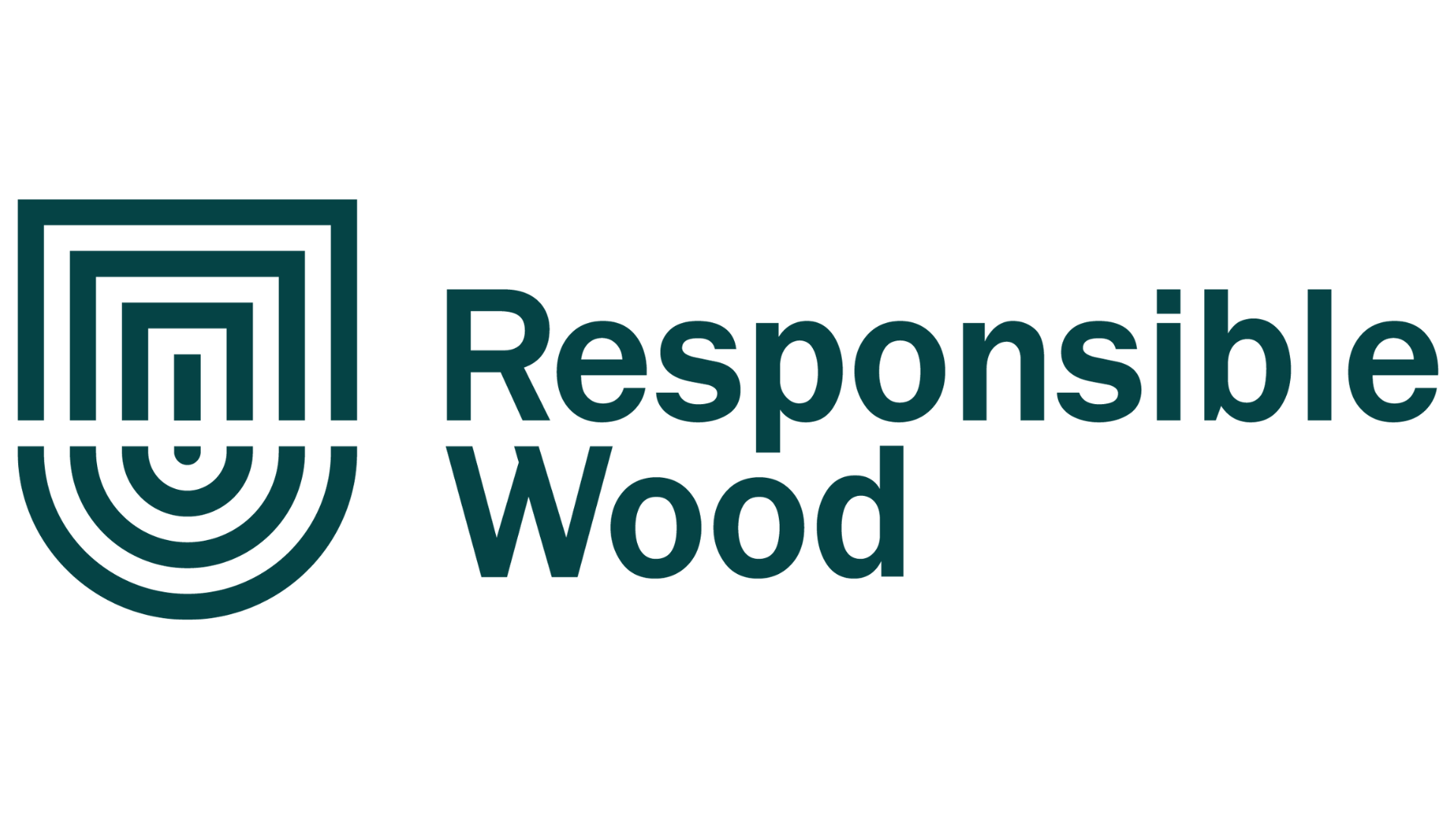Circular [Re]Design to Enable Disassembly and Reuse of Mid-Rise Timber Buildings
Project Description
This project aims to develop a roadmap for implementing Design for Disassembly and Reuse (DfDR) strategies for mid-rise mass timber buildings (MTBs) in Australia, focusing on the redesign of a case study building for maintenance and repair, adaptability, and disassembly and reuse. The project expects to generate new knowledge in timber construction by addressing practical challenges in DfDR from both designers’ and disassembly contractors’ views, and by utilising innovative assessment techniques for evaluating circularity and environmental impacts. Expected outcomes include the development of a comprehensive DfDR implementation framework, design guidelines, and assessment tools for validation of strategies and metrics through case studies. This will provide evidence of DFDR’s beneficial impacts and enhance the capacity for sustainable timber construction practices.
Objectives
- Database of best DfDR strategies:
To analyse current (a) Design for Disassembly (DfD) strategies and (b) deconstruction/reuse practices in conventional and MTBs – nationally and globally – to identify challenges and opportunities, ultimately informing a database of best DfDR design strategies aimed at extending the mid-rise MBTs lifespan through spatial adaptability and maintenance, while encouraging component reuse at the end-of-life. - DfDR implementation roadmap:
To develop a roadmap for implementation of best DfDR strategies to md-rise MTBs in Australia – defining barriers, actions and actors involved – and test it through the re-design (spatial, structural and envelope) of mid-rise MTB pilot projects (in collaboration with Project 3.2 and 3.3). - Assessment of circularity potential:
To quantify and compare the circularity potential (adaptability, maintenance and reuse) of a mid-rise MTB pilot project in Australia employing alternative DfDR strategies against a BAU baseline. - Assessment of environmental impacts:
To quantify the environmental impact of alternative DfDR strategies used for the re-design of a mid-rise MTB pilot project in Australia against a BAU baseline.
Targeted industry focused outcomes
- Database of best DfDR strategies
- DfDR implementation roadmap (barriers, goals, actions & actors)
- Exemplar redesigned pilot project buildings
- Design guide to extend building life of mid-rise MTBs
- Circularity potential assessment tool (implemented on BAU and pilot project)
- LCA tool for DfDR scenarios (implemented on BAU and pilot project)
Industry impact statement:
The project outcomes will support designers to make informed choices about spatial configuration, structure and connection selection, service systems and façade solutions at early design stages to allow for future maintenance, repair, adaptation, and end-of-life disassembly and reuse of timber components. It will also support designers to advocate for DfDR approaches by providing evidence of environmental and economic (through Node 5) benefits of circular design.
Impact:
Industry uptake of tool and design guide through survey and interviews (qualitative).
Number of downloads of design guide and roadmap for the Hub website (or other platforms if made available, e.g. by industry partners)
Image courtesy of AJ_MOLLER
Objectives/Deliverables
- Database of best DfDR strategies.
- DfDR implementation roadmap.
- Assessment of circularity potential.
- Assessment of environmental impacts.
Project Leader/s
Paola Leardini
Node Leader - Design for Extended Building Life; Project Leader
The University of Queensland
Project Staff
Asteria Chen
PhD Candidate
The University of Queensland
Project Investigators
Paola Leardini
Node Leader - Design for Extended Building Life; Project Leader
The University of Queensland
Paul Matthew
Chief Investigator
The University of Queensland
Danette McLean
Affiliate Investigator
Aurecon
Dayne Davis
Partner Investigator
BG&E Pty Ltd
Neil Logan
Partner Investigator
BVN Architecture
Simon Dorries
Partner Investigator
Responsible wood
Johann Gruber
Partner Investigator
SIHGA GmbH
Lily Tandeani
Partner Investigator
Tzannes Associates
Marc Micuta
Affiliate Investigator
Tzannes
Rafael Passarelli
Partner Investigator
Hasselt University



